
Ruth, esposa de un célebre pacifista, tiene miedo de la gente. Olga, profesora de literatura y esposa de un exitoso director de teatro, conoce a Ruth durante unas vacaciones, y ambas se hacen amigas. Los hombres hablan, las mujeres escuchan, ignoradas por sus maridos...

Leila
Nik, a released prisoner who started writing in prison, wants to leave his past behind him, but refuses to contact his former girlfriend and her family. Under the name of his jail buddy Henry, he moves in with his pen pal - who has never seen him - and is always watched suspiciously by their roommate. Nik began writing in prison and now seeks contact with the literary culture, even though he feels disgusted by the pompous fuss of this society. He is not without talent and works on a novel in which he minutely describes the abduction of an industrialist. Henry gets shot at the prison breakout and visits Nik to get help from him. He likes his novel plot and wants to put it into action.

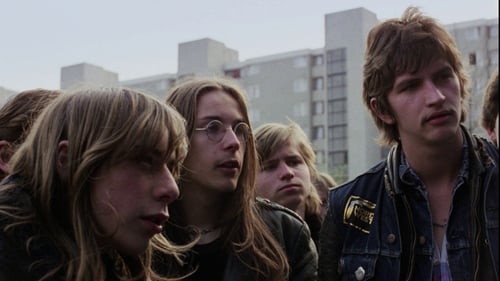
Schwester Angelika
Alemania Federal, el doctor Bertholi se ve involucrado por la mala fortuna en una acción terrorista y resulta herido de gravedad en el cráneo por la policía. Las secuelas le dejan parcialmente inútil física y psíquicamente, sin motricidad y con el juicio nublado por el shock sufrido. Cuando empieza a recuperarse despierta en él un sentimiento de venganza hacia la policía.

In this movie, director Volker Koch wants to reveal "petty-bourgeois fixations of consciousness and late capitalist myths of happiness". The protagonists: an American hustler, a drama student, a Munich waitress and her boyfriend who hope for money, a career and luck from a trip to Rome together.

Collage of dramatic scenes, some exaggerated to comic effect, with asynchronous sound from well known classic, operatic, and rock and roll music – with different approaches to love, suffering, and death.

Frieda
German filmmaker Rainer Werner Fassbinder directs the made-for-TV melodrama Pioneers in Ingolstadt, based on the play by Marieluise Fleisser. The film opens as a parade of soldiers are marching through a town square singing patriotic songs. Alma (Irm Hermann) and Berta (Hanna Schygulla) are watching them and musing about their ideas on men and relationships. The soldiers (often referred to as pioneers) have been given the task of building a bridge in the town. Alma seems to understand that the soldiers only want her for short sexual encounters, so she's prepared to live her life accordingly. Meanwhile, romantic Berta falls in love with self-centered soldier Karl (Harry Baer), who all but tells her to get lost. The soldiers get drunk and beat up a random passerby. The women grow to hate Alma for her acceptance of life as a sex object. Naïve Berta is ultimately humiliated.
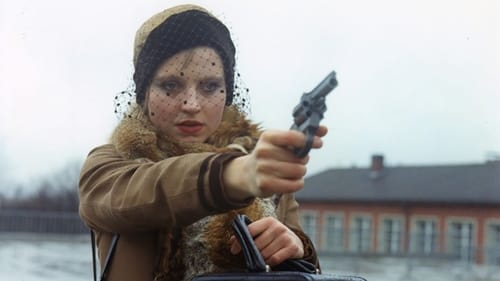
Michel y Guenther trabajan en sus respectivos trabajos obsesionados por conseguir el dinero suficiente para poder ir a Perú en busca de un tesoro, usando el mapa del Río Das Mortes. A Hanna, la novia de Michel, le disgusta este nuevo plan de su novio, puesto lo que ella quiere en realidad en casarse con él y formar una familia.

This surrealistic experimental film finds the son of a young nobleman staying with hash-smoking hippies in a seamy section of Munich. He falls for a hippie girl who is involved in shaking down the young man's parents for money. She falls in love with the young man but the group continues to extract money from the parents in return for their wayward son. When he discovers the shakedown, his rage leads to tragedy for the star-crossed lovers.
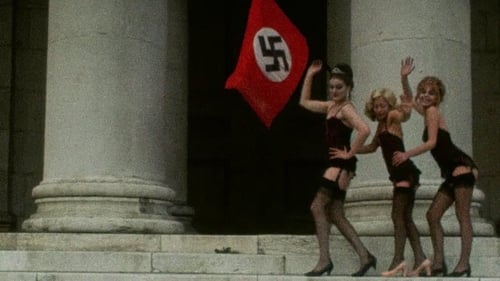
Carla
Schroeter’s film is a chronicle of Germany from the Nazi era until the economic boom of the 1950s and 1960s, centering on three women who search for a career as singers and dancers.
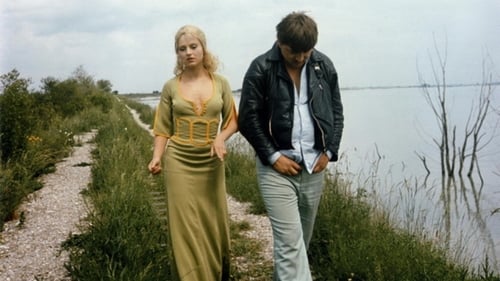
El 3 de mayo de 1476, el pastor Hans Böhm dice haber visto la Virgen María en Niklashausen. Treinta mil campesinos creyeron que Böhm era el nuevo Mesías y se agruparon a su alrededor. Después de predicar la doctrina revolucionaria en contra el privilegio personal, fue arrestado por el obispo y quemado en Würzburg el 15 de julio, cinco meses después de su visión. La película no es una reconstrucción histórica, sino mas bien un ensayo de Fassbinder sobre cómo el pasado afecta el presente. (FILMAFFINITY)

Agent Laura
Documentary drama about the Swiss journalist Otto Pünter, who maintained an anti-fascist information office in the 1930s and 1940s.
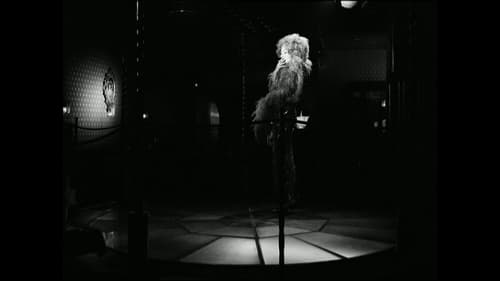
Carla
A man is released from prison and finds the society on the outside less than appealing. With several women as well as the police on his tail, he sets out to find an old friend.
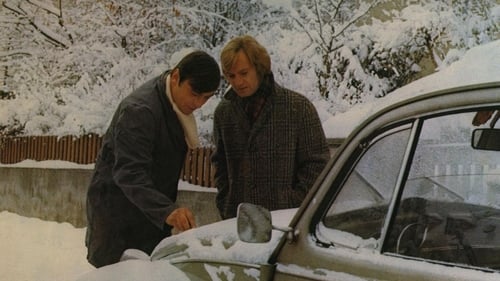
Schallplattenverkäuferin (as Carla Aulaulu)
El íntimo escepticismo del señor R., símbolo de una burguesía acomodada que dispone de un trabajo seguro, un hogar confortable, mujer e hijos, estallará en una reacción brutal contra la disciplina cotidiana.
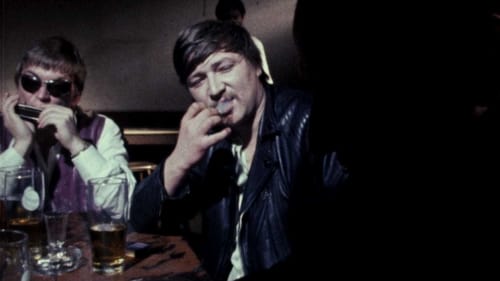
Junges Weib
Volker Schlöndorff transposes Bertolt Brecht’s late-expressionist work to latter-day 1969. Poet and anarchist Baal lives in an attic and reads his poems to cab drivers. At first feted and later rejected by bourgeois society, Baal roams through forests and along motorways, greedy for schnapps, cigarettes, women and men: ‘You have to let out the beast, let him out into the sunlight.’ After impregnating a young actress he soon comes to regard her as a millstone round his neck. He stabs a friend to death and dies alone. ‘You are useless, mangy and wild, you beast, you crawl through the lowest boughs of the tree.’

Feminist short film set in West Berlin.

Short film about queer left-wing people in West Berlin.

Werner Schroeter's stunning split-screen short deals with what the director called "archaic, fundamental themes" of love and mourning.

In a dark and spare theatrical space, four characters use gesture, language, and movement to explore themes of desire and mortality.

Carla is a different form of homage, in which Carla Aulaulu sings a song by Gitta Linds.

Directional debut by Germany's most famous queer filmmaker.














